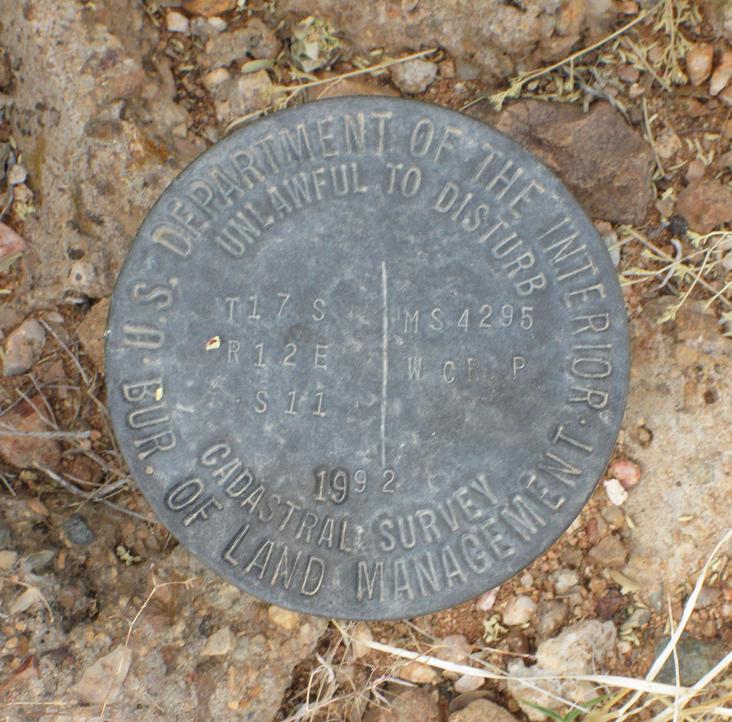Cadastres
Enlarge text Shrink text- Work cat.: Dueker, K.J. Multipurpose cadastre, c1989.
- Black's law dict.(Cadastre)
- Random House(cadastre, also cadaster)
- Web. 3(cadastre)
A cadastre or cadaster ( kə-DAS-tər) is a comprehensive recording of the real estate or real property's metes-and-bounds of a country. Often it is represented graphically in a cadastral map. In most countries, legal systems have developed around the original administrative systems and use the cadastre to define the dimensions and location of land parcels described in legal documentation. A land parcel or cadastral parcel is defined as "a continuous area, or more appropriately volume, that is identified by a unique set of homogeneous property rights". Cadastral surveys document the boundaries of land ownership, by the production of documents, diagrams, sketches, plans (plats in the US), charts, and maps. They were originally used to ensure reliable facts for land valuation and taxation. An example from early England is the Domesday Book in 1086. Napoleon established a comprehensive cadastral system for France that is regarded as the forerunner of most modern versions. Cadastral survey information is often a base element in Geographic Information Systems (GIS) or Land Information Systems (LIS) used to assess and manage land and built infrastructure. Such systems are also employed on a variety of other tasks, for example, to track long-term changes over time for geological or ecological studies, where land tenure is a significant part of the scenario. The cadastre is a fundamental source of data in disputes and lawsuits between landowners. Land registration and cadastre are both types of land recording and complement each other. By clearly assigning property rights and demarcating land, cadasters have been attributed with strengthening state fiscal capacity and economic growth.
Read more on Wikipedia >
 Topic
Topic







